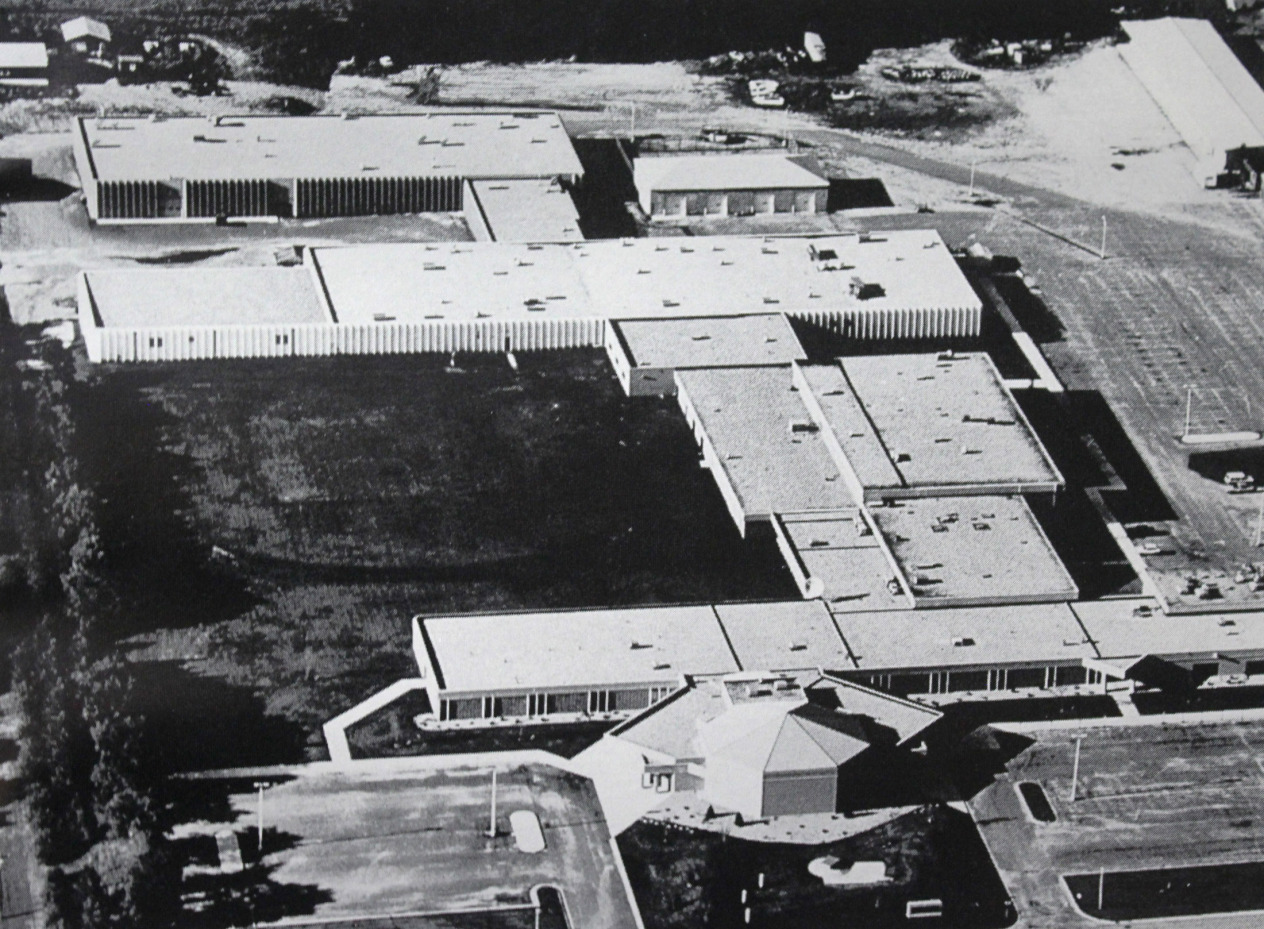Food Pantry Project
Dean of Students, Director of Student Engagement, Social Workers, Vice President of Finance and Facilities
Project Purpose
National and local data indicate student basic needs, including food insecurity, continue to be a barrier to student success. In the fall of 2021, M State data from the HOPE Center survey showed: 44% (n=195) of all students selected it was ‘often true’ or ‘sometimes true’ that they worried about food running out before getting money to buy more in the last 30 days (92% of SOC, n=13; 35 SOC did not answer this question) and 51% (n=104) indicated cutting the size of their meals or skipping meals because there wasn’t enough money for food (62% of SOC, n=13).
The purpose of the food pantries project is to establish/streamline the distribution of food to students on each campus to alleviate stress associated with short term food insecurity and other financial constraints to effectively reduce hunger and support educational success.
Deliverables
- Create a Food Pantry Operational Proposal for review and approval by Cabinet to secure funding and support for the project.
- Establish dedicated locations on each campus that allows the pantries to function as a central receptacle for food donations, storage, assembly and food distribution. The first will open in the fall of 2022 on the Fergus Falls campus with the other three campus food pantries to follow in the spring of 2023.
- Utilize the pantries as a hub to connect students to community resources.
- Create processes for inventory, ordering, staffing and other operations.
- Use the Client Choice Model to allow students to participate in selecting items from the pantry.
Project Scope
In Scope
- Identification of food resources, equipment and physical space
- Development of a distribution plan, assessment plan, tracking plan and operational plan
- Development and request of startup and ongoing budgetary needs
- Identification of partners to support food acquisition
Out of Scope
- Hiring additional staff other than student employees (funding to be included in budget request)
Effectiveness Measures
Project Goals
Reduction of food insecurity in the M State student body.
Key Performance Indicators/Metrics
- Successful opening of a food pantry on each M State campus
- The college will utilize a system to count visits/uses of the food pantry
- Surveys to collect and review data for continued improvements regarding students’ overall satisfaction, usage frequency, communications regarding the availability of the resource, etc.
Metrics Collection and Review Timeline
- Pounds of food distributed (measured monthly)
- Student use – to be collected through self-reporting survey provided to student via email
Reporting of Results
College social workers will report results, initiate a survey and share data with Director of Student Engagement and Dean of Student Office each semester.
Constraints
- Availability of physical spaces for food pantries
- Food Pantry staff outside of student employees
- Affordable food supply options
Financial Impact
While there is an expense to operate the food pantry, research indicates the investment in students is returned through increased persistence and completion rates, which would result in increased tuition and fee revenue.
Summary of Results
The food pantry on the Fergus Falls campus opened fall 2022 and pantries on the Detroit Lakes and Wadena campuses opened spring 2023. The Moorhead campus food pantry is on track to finish construction by the end of spring 2023.
Fall 2021, the student advocacy group Lead MN recognized M State as a Hunger Free Campus after the announcement of the college's plans to construct food pantries to better help students facing food insecurity. Fall 2022, the Fergus Falls campus food pantry was the first to open, largely funded by a $150,000 donation from the Fergus Area College Foundation (FACF) and the remaining $25,000 funded by the college. Ongoing support for the Fergus Falls campus food pantry will come from the college, a $300 monthly commitment from FACF, and food drives to help keep the pantry stocked.
KPI Update
Fergus Falls Campus Cupboard (Aug. 22, 2022 - March 2, 2023)
- 2,301 lbs food and supplies purchased and weighed into inventory
- 2,080 lbs food weighed out and put onto shelves and refrigeration
- Approximately 99 students visited the cupboard and selected at least one item
Survey Data
- The college plans to administer the Boynton Student Health Survey spring 2023, which will include questions about food insecurity. Data from the survey will be shared with the Hunger Free Campus Team and used to inform future food pantry operation decisions for all campuses.
Future Direction
This project is now college practice and has been institutionalized.
